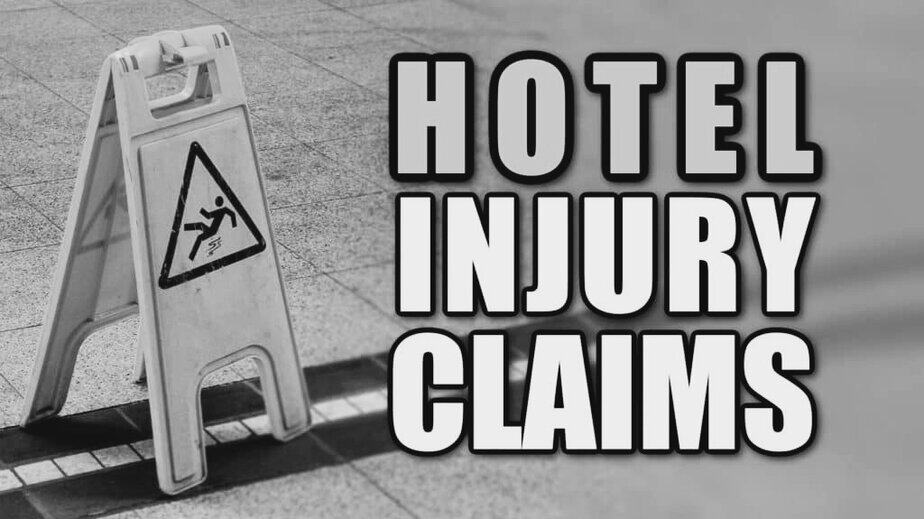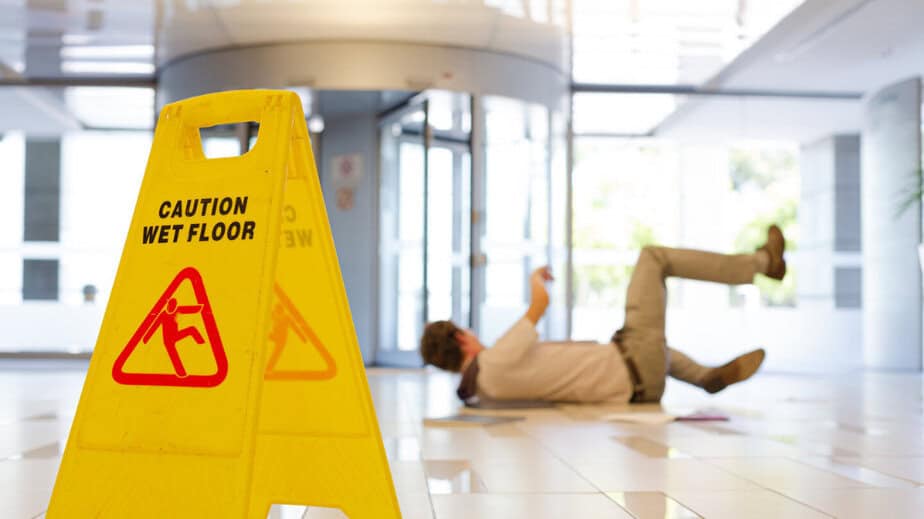Hotel stays are meant to provide comfort, relaxation, and safety for guests seeking accommodation during business trips, vacations, or other travels. Unfortunately, accidents can and do occur on hotel premises, leaving guests with injuries that may require medical treatment, time off work, and ongoing care. When these incidents happen due to the hotel’s negligence or failure to maintain safe conditions, injured guests may be entitled to compensation for their damages.
Understanding your rights as a hotel guest and knowing how to navigate the compensation process can make a significant difference in recovering fair compensation for injuries sustained during your stay. This comprehensive guide explores the legal framework surrounding hotel injury claims, the types of incidents that commonly occur, and the steps necessary to pursue compensation successfully.
Hotel Liability and Duty of Care
Hotels owe their guests a fundamental duty of care to maintain reasonably safe premises. This legal obligation extends throughout the property, including guest rooms, lobbies, restaurants, swimming pools, fitness facilities, parking areas, and all other common areas. Under premises liability law, hotels must regularly inspect their properties for potential hazards, address dangerous conditions promptly, and warn guests of any known risks that cannot be immediately remedied.
The duty of care varies depending on the guest’s legal status on the property. Hotel guests are typically classified as invitees, meaning they are on the premises for the hotel’s commercial benefit. This classification affords guests the highest level of protection under the law, requiring hotels to exercise reasonable care in discovering and addressing potential hazards.
Nevada hotel accident laws provide specific guidance on liability issues. Nevada hotels can still be liable for injuries that occur on their premises if the hotel was only 50% at fault. This comparative negligence standard means that even if a guest bears some responsibility for their accident, they may still recover compensation if the hotel’s negligence was a contributing factor.
Common Types of Hotel Injuries and Accidents
Hotel properties present numerous opportunities for accidents to occur. Slip and fall incidents represent the most frequent type of hotel injury, often resulting from wet floors in pool areas, spilled liquids in restaurants, poorly maintained walkways, or inadequate lighting in stairwells and corridors. These accidents can lead to serious injuries, including broken bones, head trauma, and spinal injuries.
Swimming pool accidents constitute another significant category of hotel injuries. Drowning incidents, slip and falls on wet pool decks, diving injuries in shallow water, and accidents involving defective pool equipment can result in catastrophic injuries or death. Hotels must maintain proper pool safety measures, including adequate lifeguard supervision, proper chemical treatment, and clearly marked depth indicators.
Food poisoning and other illness-related claims arise when hotels fail to maintain proper food safety standards in their restaurants, room service operations, or catering facilities. These incidents can affect multiple guests and may require extensive medical treatment, particularly for vulnerable individuals such as elderly guests or those with compromised immune systems.
Security-related injuries occur when hotels fail to provide adequate protection for their guests. This may include inadequate lighting in parking areas, malfunctioning door locks, insufficient security personnel, or failure to warn guests about known criminal activity in the area. Hotels have a responsibility to implement reasonable security measures based on the location and known risks.
Building Your Compensation Claim

Successful hotel injury claims require thorough documentation and evidence gathering from the moment an accident occurs. Immediate medical attention should be the first priority, as proper medical documentation creates an official record of injuries and treatment requirements. Even if injuries initially appear minor, seeking medical evaluation ensures that any developing complications are properly documented.
Reporting the incident to hotel management is crucial for establishing an official record of what occurred. Hotels are required to document accidents that happen on their property, and these incident reports can serve as important evidence in compensation claims. Guests should request a copy of any incident reports filed and ensure that all details are accurately recorded.
Photographic evidence can significantly strengthen a compensation claim. Pictures of the accident scene, hazardous conditions that contributed to the incident, and visible injuries help establish the circumstances surrounding the accident. Witness contact information should also be collected when possible, as independent testimony can corroborate the victim’s account of events.
Statistically, more than 97% of Hotel Injury Claims are settled out of court. This high settlement rate demonstrates that most hotel injury cases are resolved through negotiation rather than litigation, though having strong legal representation is essential for securing fair compensation.
Calculating Compensation Amounts
Compensation for hotel injuries typically includes both economic and non-economic damages. Economic damages represent quantifiable financial losses such as medical expenses, including emergency room visits, diagnostic tests, ongoing treatment, rehabilitation, and future medical needs related to the injury. Lost wages constitute another significant component, encompassing time missed from work during recovery and any reduction in earning capacity resulting from permanent injuries.
Non-economic damages address the intangible impacts of injuries, including pain and suffering, emotional distress, loss of enjoyment of life, and the overall impact on the victim’s quality of life. These damages can be more challenging to quantify, but often represent a substantial portion of the total compensation award.
The severity of injuries plays the primary role in determining compensation amounts. Minor injuries that heal completely within a few weeks typically result in smaller settlements, while serious injuries requiring extensive medical treatment, surgery, or resulting in permanent disability can lead to substantial compensation awards. Age, pre-existing medical conditions, and the impact on the victim’s ability to work and enjoy normal activities all factor into the calculation.
The Legal Process and Professional Representation
Navigating hotel injury claims requires understanding complex legal procedures and insurance company tactics. Hotels typically carry commercial liability insurance to cover accidents on their property. If the hotel is found responsible, this insurance can pay for medical bills, lost wages, and pain and suffering. However, insurance companies often deny claims by arguing that the guest was at fault.
Insurance companies employ experienced adjusters and legal teams whose primary goal is to minimize payouts. They may attempt to shift blame to the injured guest, argue that pre-existing conditions caused the injuries, or pressure victims into accepting inadequate settlement offers before the full extent of their injuries is known.
Professional legal representation levels the playing field by ensuring that injured guests have advocates who understand hotel liability law, insurance company tactics, and the true value of injury claims. Experienced attorneys can conduct thorough investigations, consult with medical experts, and negotiate effectively with insurance companies to secure fair compensation.
Read next: Benefits of Health Insurance and How to Choose A Health Plan
